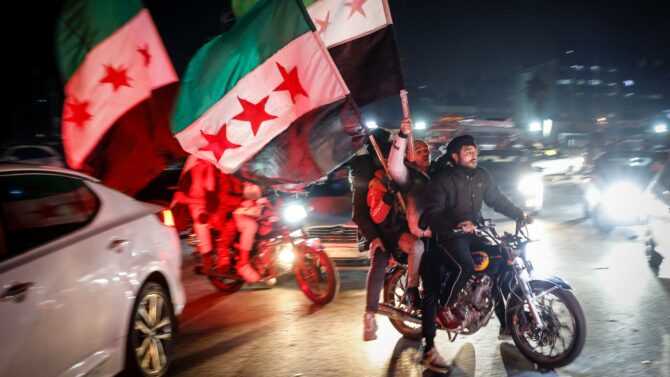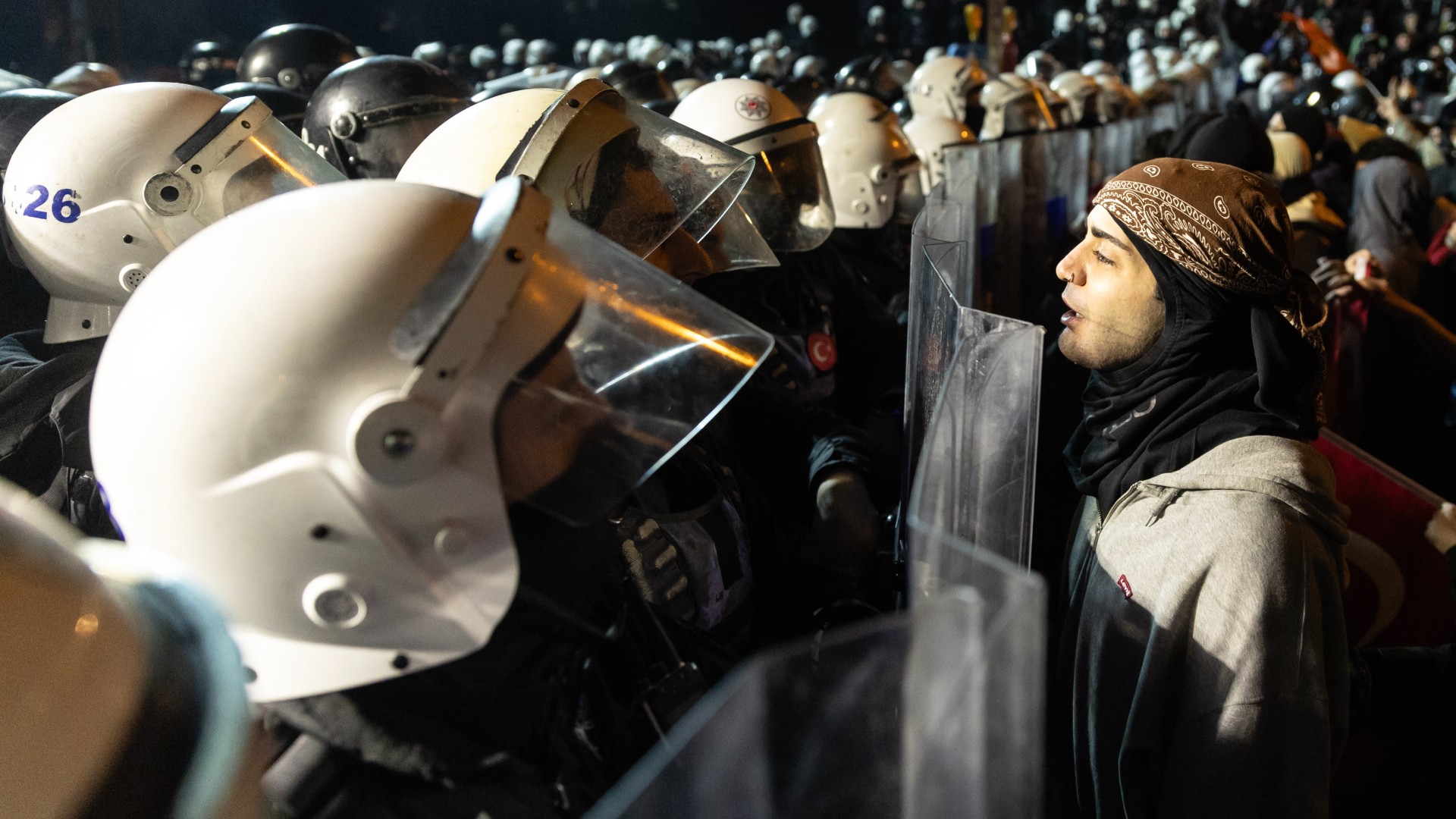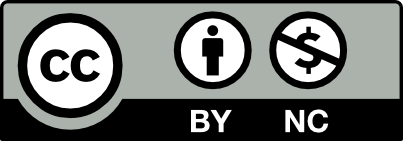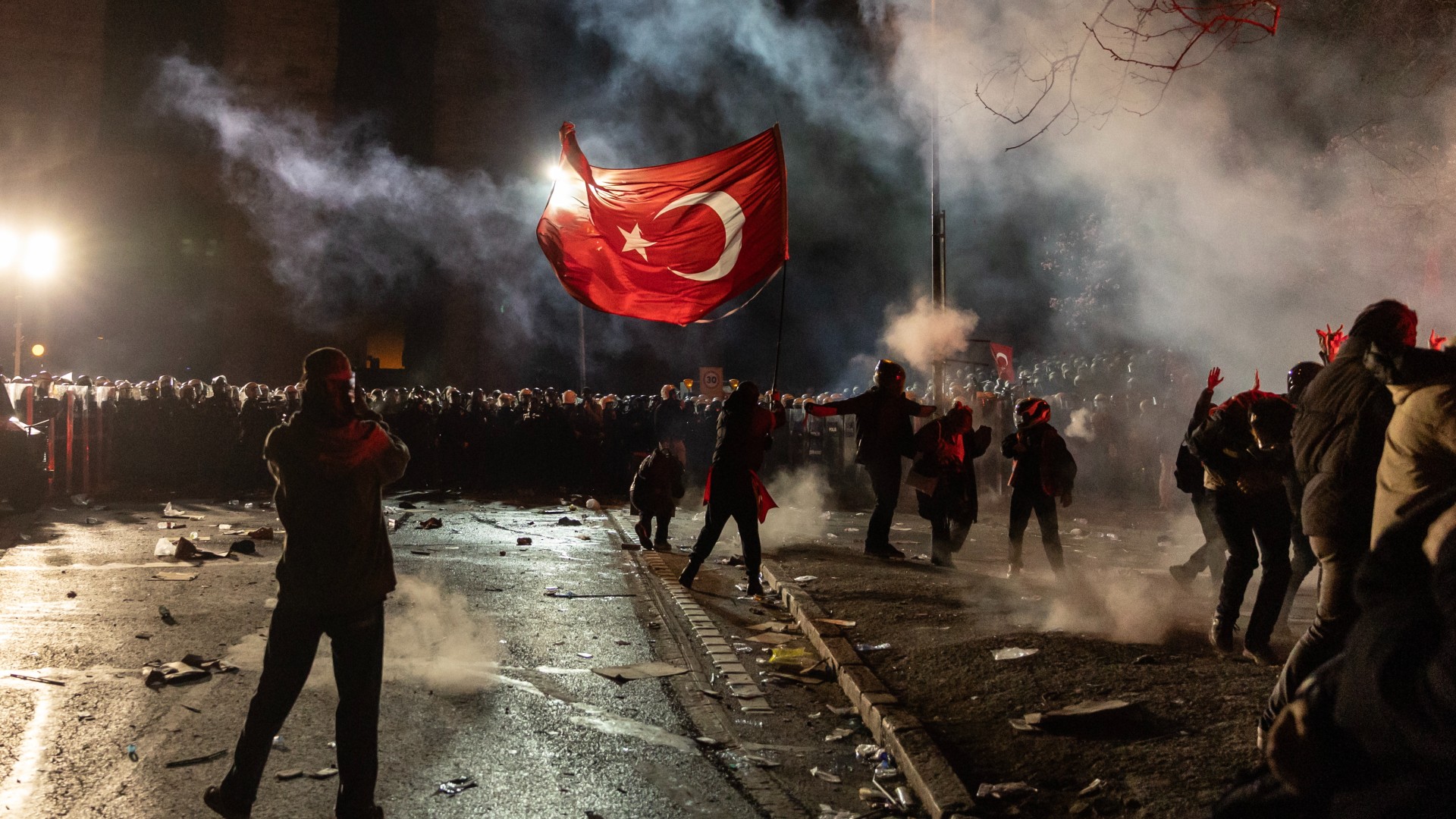From the outset of the crisis—triggered by the arrest of Ekrem İmamoğlu—journalists have been targeted, and authorities have imposed restrictions on social media. What does the future hold for Turkey?
Three Syrian Journalists in Exile

After the fall of the Assad regime in December 2024, journalists found the opportunity to rebuild a free press, but the risks continue.
“Every morning my sister calls me. ‘Are you okay? Are you at home?” Banu Tuna, Secretary General of the Journalists’ Union of Turkey (TGS), spoke firmly on the other end of the line. “Nine journalists have been arrested in the last 24 hours. We just learned that two of them in Istanbul were taken under charges related to the law on meetings and demonstrations – probably they will all be charged with this allegation. But the journalist who was taken into custody in Izmir, he was taken by anti-terror forces. So we don’t know the allegations there.”
“Most of them were taken in house raids early this morning, like 6 a.m. Only one of them was taken into custody in the field last night while he was shooting photos. You know, it’s about the image.”
After nearly a quarter-century in power, Tayyip Erdogan has repeatedly targeted the media and journalists. From the moment the arrest of Istanbul Mayor Ekrem İmamoğlu became public, journalists and photojournalists found themselves in the crosshairs again.
Among those arrested is Yasin Akgül, a photojournalist and correspondent for the French News Agency (AFP) in Turkey, accused of participating in an illegal gathering in Istanbul. He was arrested at dawn on Monday, March 23, at his home, in front of his wife and children.
“Yasin Akgül was not part of the protest […] He has taken exactly 187 photographs since the start of the protests, each one a witness to his work as a journalist,” wrote AFP chief Fabrice Fries in a letter to the Turkish presidency, calling for the photojournalist’s release.
“Two days ago, three journalists who were reporting and taking photos in the field were beaten by police officers on purpose. They knew that they were journalists, but they were beaten severely. One of them, a reporter for the state news agency Anadolu, was left with a broken nose. They are trying to stop journalists from doing their jobs,” Banu Tuna of the Journalists’ Union of Turkey (TGS) tells iMEdD.

Banu Tuna, Secretary General of TGS, told iMEdD that 19 journalists are currently imprisoned in Turkey, accused of being terrorists, spreading fake news, or inciting violence. In recent years, an unknown number of journalists have been forced to flee the country. Turkey ranks 158th out of 180 in the RSF World Press Freedom Index, with the latest report noting that 90% of the media is controlled by the government.
Beyond persecution, there is also the economic suffocation of voices critical of Erdogan. State advertising is distributed through the Press Advertisement Agency (BIK) in a largely opaque manner, while the Radio and Television Supreme Council (RTÜK) imposes heavy fines on anyone openly criticizing the government. As a result, many media professionals have lost their jobs, and numerous outlets have been forced to shut down.
In this bleak landscape, Banu Tuna still sees a glimmer of hope in the massive crowds demonstrating in Istanbul and other major cities. “Of course, they are tear-gassed and beaten by law enforcement (authorities). But at least people are protesting this situation. They are not silent anymore.”
Witch Hunt on Social Media
In addition to the arrest of Ekrem İmamoğlu and the mass protests, Turkey began imposing gradual restrictions on social media on March 19. In the first 48 hours, NetBlocks, a UK-based internet watchdog, recorded restricted access to X, YouTube, Instagram, and TikTok.
⚠️ Confirmed: Live metrics show #Turkey has restricted access to multiple social media platforms including X, YouTube, Instagram and TikTok; the incident comes as Istanbul mayor Ekrem Imamoglu and dozens of others are detained in events described by the opposition as a "coup" pic.twitter.com/5ldegqQCH3
— NetBlocks (@netblocks) March 19, 2025
In the area around Istanbul City Hall, where most of the protesters are gathered, internet access has frequently been cut off throughout the day, forcing citizens and journalists to rely on VPN services to stay connected.
According to Politico, X has suspended the accounts of opposition figures, students, and activists. Turkish law, as the article notes, permits such actions at the government’s request, as the 2022 Law on Social Media grants authorities broad and ambiguous powers over content shared on these platforms.
Turkey’s Interior Minister Ali Yerlikaya posted on X that agencies have identified 261 social media account administrators—including 62 abroad—suspected of inciting hatred and committing offenses. In a related cybercrime operation, 37 suspects were arrested for the same reason.
İstanbul Cumhuriyet Başsavcılığınca başlatılan soruşturmalar kapsamında, İstanbul Büyükşehir Belediye Başkanı ile birlikte toplam 106 şüpheli hakkında gözaltı kararı verilmesi sonrası, bazı sosyal medya hesapları üzerinden;
— Ali Yerlikaya (@AliYerlikaya) March 20, 2025
-“Halkı Kin ve Düşmanlığa Tahrik” ve
-“Suç İşlemeye…
“The message is clear: speaking up online carries real risks,” Özge Mumcu, board member and coordinator of the Ankara-based “Uğur Mumcu” Investigative Journalism Foundation, tells iMEdD. “In politically charged moments—particularly when a significant opposition figure like Istanbul Metropolitan Mayor İmamoğlu is detained—the control of information becomes a political tool,” she notes.
This happens, “to contain public outrage and suppress the collective reaction. We’ve seen this pattern before: restrict access, manage the narrative, and try to outlast public attention,” Mumcu explains. “When access is blocked, it’s not just a technical inconvenience. It’s a disruption of democratic space.”
Display of Power
But where could Erdogan’s display of power lead? “The government’s knee-jerk move to rein in the official opposition is unusually forceful to the point of being excessive within institutional boundaries. It has the potential to cause a prolonged period of instability in Turkey and possibly the de facto limitation of the opposition’s influence in the country’s political affairs,” Dr. Evangelos Venetis, an expert on Islam and the Middle East, tells iMEdD.
“On the flip side, the political costs the government faces are significant in the short term, but manageable. In the medium term, the war of attrition on both sides will determine the winner,” he adds.
Dr. Venetis explains that Erdogan aims to sideline İmamoğlu, his only credible political rival since the death of Fethullah Gülen a few months ago. “The circumstances are fourfold,” he notes.
“First, his increased geopolitical prestige in Syria; second, Turkey’s geopolitical leverage over Europe due to the Ukrainian issue; third, Trump’s authoritarian and undemocratic policies in the US, which embolden his devotee to expand his influence in Turkey; and fourth, the possible behind-the-scenes collusion of Turkish businessmen with İmamoğlu, challenging the President’s acquisitions. This may explain the recent ban on Turkish businessmen leaving the country, issued just days before İmamoğlu’s arrest.”
According to Dr. Venetis, the Turkish president decided to act at lightning speed, knowing the huge political cost of İmamoğlu’s arrest. “He weighed the pros and cons and concluded that the best defense is offense.”

